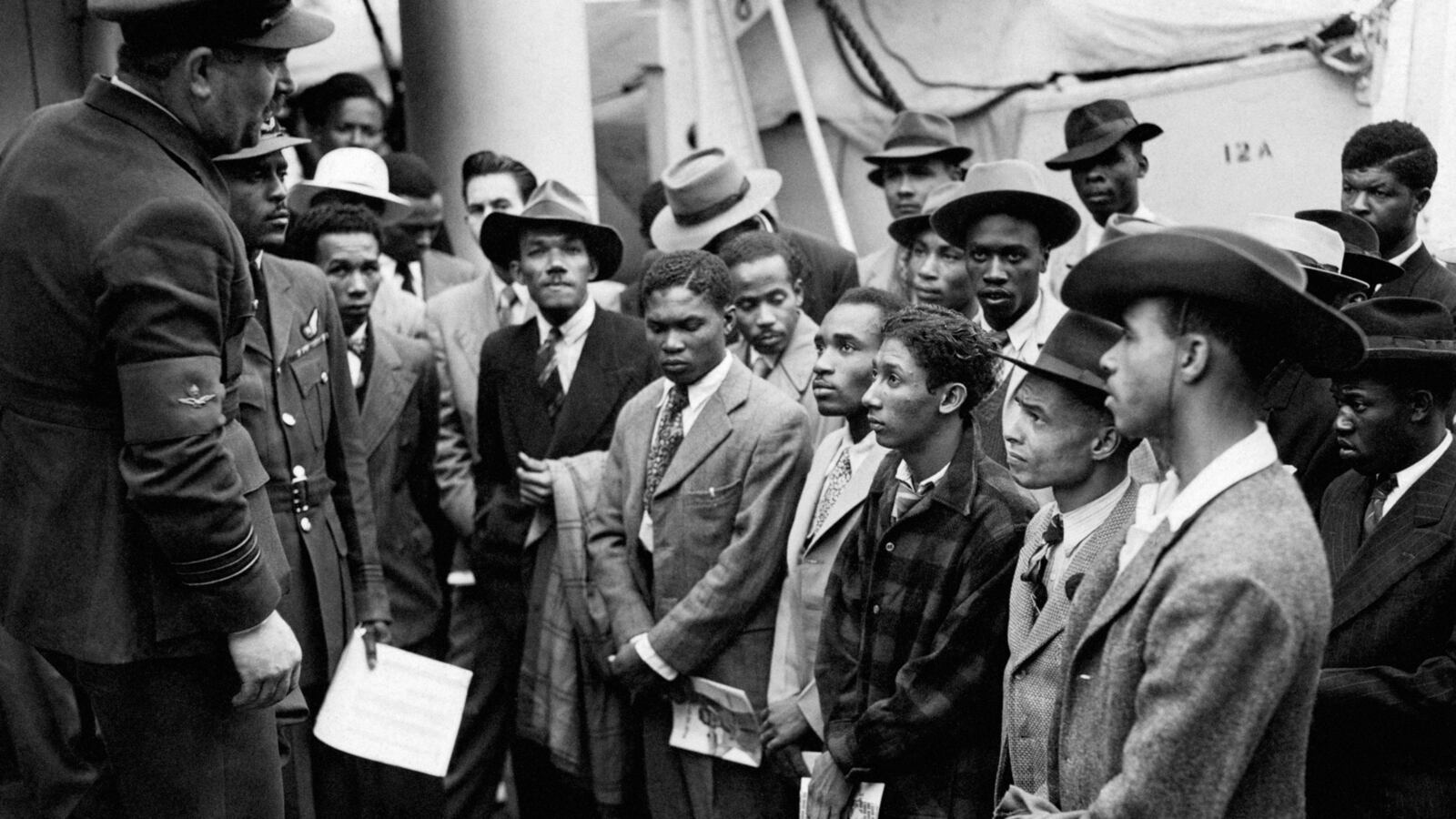In June 1948, the MV Empire Windrush docked in England and hundreds of workers from the Caribbean started their new lives, plugging labor shortages and rebuilding Britain after the destruction of World War 2. Over the following decades, thousands joined them, until a 1971 act of parliament supposedly gave them the right to stay in the country permanently.
The immigrant group—which came to be known as the Windrush Generation, after the ship which brought the first of them to Britain—made homes and started families in the U.K. over the course of 70 years. Now they’re being told that they might have to leave, and “return” to countries which, in some cases, they’ve never stepped foot in.
The problem has come from the Windrush generation’s lack of documents. Britain’s Home Office failed to keep a record of who was allowed to stay, or issue any paperwork confirming it, and in 2010 the landing cards belonging to Windrush migrants—the best evidence they had—were destroyed by the government.
Unlike DREAMers in the U.S., the Windrush generation or their parents were never illegal immigrants. They came to the U.K. under freedom of movement laws for nationals of the Commonwealth: a group mostly made up of former British Empire territories headed up by Queen Elizabeth.
The hardline immigration stance of Conservative governments since 2010, and a pressure to bring down numbers of immigrants both before and after the vote to leave the European Union, means some of the Windrush generation are now considered illegal, and lack of documentation has led to some being denied health care or the right to work and rent property, and some even being threatened with deportation.
For example, Sonia Williams came to the U.K. from Barbados in 1975, when she was just 13. Williams told the BBC’s Newsnight she had her driving license taken off her and lost her job when she was told she no longer had indefinite leave to remain in Britain. “I came here as a minor to join my mum, dad, sister and brother,” she said. “I wasn’t just coming on holiday.”
Paulette Wilson, 61, came to Britain from Jamaica at age 10 in the late 1960s, and spoke of her shock when she received a letter saying she was in the country illegally after living there for over 50 years. Wilson told the BBC: “I just didn’t understand it and I kept it away from my daughter for about two weeks, walking around in a daze thinking ‘Why am I illegal?’”
The mother of a Windrush citizen told The Guardian that she blamed the death of her son on the debacle, claiming his new classification as an illegal immigrant led to him being fired from his job and the stress over his status was responsible for his death. “I think Theresa May should resign. I don’t enjoy saying that. This situation has to be amended,” said Sentina Bristol. “My son is British. We didn’t come here illegally.”
Albert Thompson, a London cancer patient, was asked to pay £54,000 for treatment that would be free to a U.K. citizen, despite having lived in the country for 44 years, because he lacked documentation. After his case provoked outrage, the government said Thompson would receive treatment—but his local MP said the man was yet to be to informed of the decision.
The scandal has been deepened by confused and bungling attempts to deal with it from the government of Prime Minister Theresa May.
May was home secretary before becoming prime minister in 2016 and is credited with hardening the country’s laws and attitudes toward immigration. In 2013, she boasted that she was creating a “hostile environment” for illegal migrants in Britain—a policy that the former head of the civil service described as “almost reminiscent of Nazi Germany.”
Although May apologized to Caribbean leaders over the Windrush scandal, saying she was “genuinely sorry” about the anxiety caused by the threat of deportation, the government was severely criticized after admitting it had no idea how many of the Windrush generation have either been mistakenly deported or are facing deportation, with the immigration minister saying some people had “potentially” been deported in error.
There’s also confusion over who ordered the destruction of the landing cards that would have given the Windrush immigrants some documentary evidence that they’ve been in the country for decades. May insisted she was not home secretary when the destruction was approved, saying it happened under the previous Labour government in 2009—while the opposition says it happened in 2010, after the Conservatives had come to power.
As the scandal has unfolded, there have been calls for a high-profile government resignation, with Labour’s home secretary, Dianne Abbott, saying: “There was a time [when] if something went wrong in your department, you as the minister took responsibility. The way [Home Secretary] Amber Rudd is attempting to avoid responsibility is concerning. I think she needs to consider her position, so many things have gone wrong... This has caused so much misery, ruined so many lives.”
The Windrush generation’s case has near-universal sympathy among the British public. In polling on the matter, 78 percent of British people said the Windrush generation should be given the right to stay.






